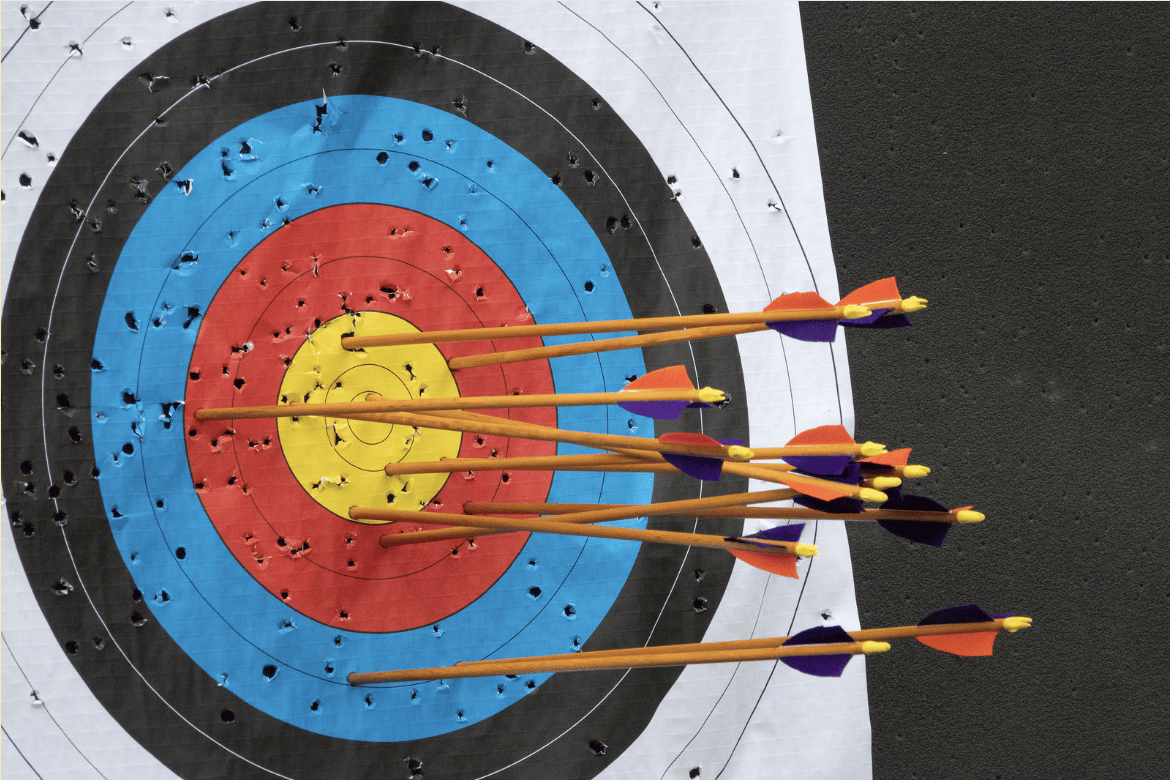The Power of Practice: How Repeated Effort Leads to Progress
We’ve all heard the age-old saying – practice makes perfect. But what does this really mean, and why is consistent, deliberate practice so vital for progress and success in any endeavor?
Let’s explore the significance of practice and how it enables both skill development and personal growth.
Understanding the Psychology of Practice
Practice is defined as the act of rehearsing an activity or skill repeatedly to improve proficiency. This process of repetition is known as deliberate practice in psychology – a highly structured activity focused solely on improving specific aspects of performance. Studies show that engaging in deliberate practice is the key to enhancing abilities and reaching expert levels of mastery in fields ranging from sports to academics to artistic pursuits1.
An essential component of effective practice is the intensity of focus and effort. Simply going through the motions without concentration does not lead to meaningful improvements. The learning curve steepens when we devote our full attention to a task, analyzing errors, correcting mistakes, and pushing past our comfort zone. With consistent, mindful practice over time, complex skills become automatic, and expertise develops.
The Science Behind Practice and Progress
Modern neuroscience reveals how dedicated practice physically changes the brain by establishing new neural pathways and strengthening connections between brain cells.
MRI scans show that the brains of violinists, for example, undergo dramatic structural changes as they progress from beginner to professional. The areas involved in controlling fine finger movements expand significantly. This illustrates the incredible adaptability and plasticity of the brain when stimulated by regular practice.
Repetition also reinforces the development of muscle memory so that commonly performed actions and movements become more fluid and automatic. Consistent practice sessions allow our minds and bodies to organize and optimize patterns of coordination, reducing the mental effort required for skilled execution. Evidence clearly highlights the remarkable power of practice in triggering transformative neurological and physiological adaptations over time.
Overcoming Challenges and Plateaus
The path of practice is not always smooth and linear. Most people encounter obstacles, fatigue, or motivation droughts at some point that can impede progress. Common hurdles include attempting unrealistic practice goals, decreased effort over time, poor preparation, lack of feedback, or ineffective practice strategies. Sometimes, we hit plateaus where performance stalls despite concerted effort.
Staying disciplined in the face of difficulties and being willing to shake up your training is key. Seek expert guidance, focus on your fundamentals, divide skills into sub-components, or take a brief break from rigorous sessions. With the right adjustments and unwavering persistence, you can overcome barriers. Progress may unfold slowly, but regular practice inevitably yields results if you stick with the process.
Incorporating Effective Practice into Daily Life
Practice is a critical component of the Iterative Mindset Method™, representing the third step after assessment and iteration. This phase is when true habit formation begins through the power of repetition. Performing actions regularly reinforces neural pathways in the brain and muscular memory in the body, transforming new behaviors into automatic habits.
Approaching practice with an iterative mindset means focusing on incremental progress through consistency and diligence. Small improvements made through deliberate effort eventually compound into mastery. By committing to daily practice sessions, we can instill helpful habits that will unlock our potential.
Here are some tips for integrating fruitful, deliberate practice into daily routines:
- Set specific goals so you can track improvements. Break larger goals into smaller milestones.
- Create a structured schedule and dedicate time slots for practice. Consistency is vital.
- Practice fundamentals first before advancing to more complex material. Build a solid base.
- Stay focused during practice sessions. Eliminate distractions and give your full concentration.
- Practice just beyond your current competence. Continually increase the challenge as you get the hang of it.
- Vary your training. Don’t just repeat the same routine. Add new drills, tools, and scenarios.
- Make adjustments –we call them iterations – based on your regular assessments. Be open to changing ineffective habits and seeing challenges as constructive feedback.
The Role of Feedback and Reflection in Practice
Receiving objective feedback and taking time for honest self-reflection after practice is essential for driving improvement. Feedback from instructors, coaches, or mentors paired with your own internal analysis of your performance allows you to identify weak areas and make corrections.
Be open to constructive criticism, study your mistakes, and track what strategies are generating results. Reflecting on each practice session will provide crucial insight on how to maximize the effectiveness of future training.
Cultivating an Iterative Mindset through Practice
Approaching practice with an iterative mindset focused on incremental progress is key to success. This means viewing abilities as continually improvable through effort rather than fixed.
Setbacks are expected and even beneficial for growth. Maintain motivation by celebrating small wins while aiming for long-term goals. Develop resilience by bouncing back after disappointments.
With consistent, intelligent practice, along with assessing and iterating as you go, you can achieve levels of excellence once thought impossible. Keep this iterative mindset mentality when things get difficult.
Practice = Progress at Fresh Tri
In closing, embracing regular, focused practice is essential to achievement and fulfillment in any endeavor, from sports to academics to health and wellness. Progress requires patience and persistence, but we all have amazing potential that can be unlocked through practice.
The brain and body adapt. Challenges arise but can be overcome. Feedback and adjustments keep you moving forward. Consistent practice leads to progress, whatever your goals may be.
We hope this has provided some motivation and strategies for effective practice. What are your experiences with practice and progress? What tips do you have for staying focused during training sessions? Share your thoughts with us on social media. Try incorporating some of the ideas from this post into your own practice efforts and monitor your improvement! Let the gains begin.
- Ericsson, K. A., & Lehmann, A. C. (1996). Expert and exceptional performance: Evidence of maximal adaptation to task constraints. Annual Review of Psychology, 47, 273–305. https://doi.org/10.1146/annurev.psych.47.1.273













